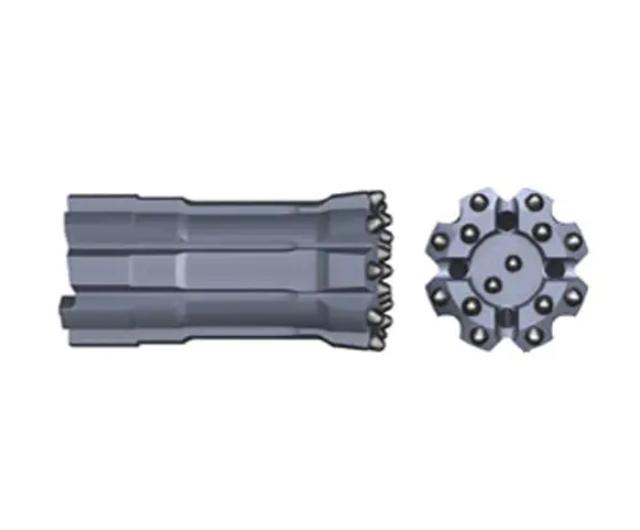When planning drilling operations, choosing the appropriate DTH Bit is vital for achieving optimal results. Different rock formations require bits designed with specific cutting structures to ensure effective fragmentation.
For instance, softer rocks may benefit from bits with fewer but larger buttons to penetrate quickly, while harder rock formations often require bits with more densely packed buttons made from durable materials. This selection affects both the drilling speed and the wear resistance of the bit.
The DTH Hammer supports various bit designs, making it a flexible system for different drilling environments. Consulting geological data before drilling helps operators pick the right bit that balances penetration rate and durability.
Using an unsuitable DTH Bit for the rock condition can lead to inefficient drilling, increased wear, and higher operational costs. Hence, understanding the rock characteristics and matching the bit accordingly plays an important role in drilling success.
